Team care
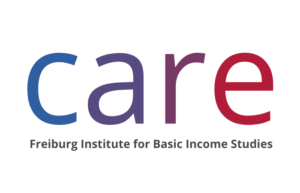
The FRIBIS Team care does research on UBI with respect to care activities in society. Care activities, such as child-rearing, household chores, care for the elderly, psychological and spiritual care, speaking of activities on which every human society is based, do not, or only partially, appear in the national economic accounts (e.g. the GDP). They have therefore ascribed a low economic and social value, with all the implications that this entails. Thus the concept of care raises fundamental questions about our understanding of society, work, and values.
The idea of Basic Income brings a breath of fresh air into the debate about care activities. What does the introduction of basic income mean for care and the care economy? What would be the opportunities, challenges, and effects on the members of society and their various subsystems? What is the potential of basic income for social reorientation when it comes to caring? These and other questions will be addressed by the FRIBIS Team care.
Research Team
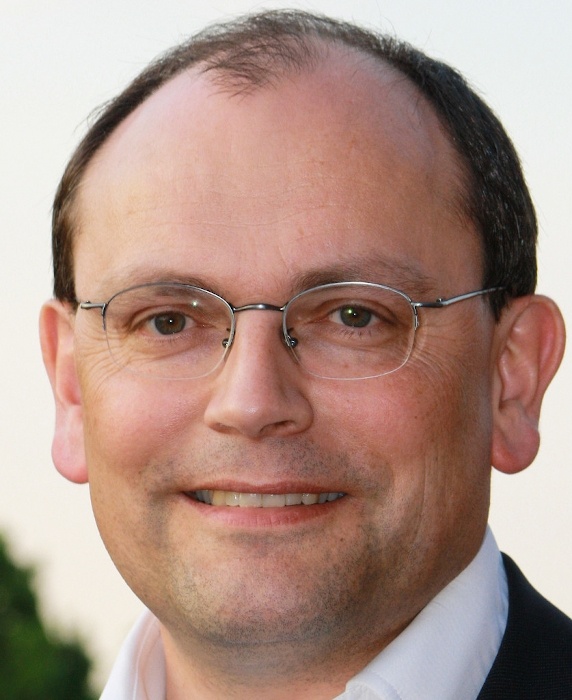
Prof. Dr. theol. Klaus Baumann
born 1963, studied theology in Freiburg (1983-85) and Rome (Pontificia Università Gregoriana, 1985-88) and received his ordination in 1989. 1989-1992 subsequent studies in psychology (1992 Lic. psych.); 1989-1993 psychotherapy training. 1992-1995 Teaching Assistant at Istituto di Psicologia, P.U. Gregoriana, Rome, and psychotherapeutic work ibid. 1993 STL (Lic. theol.) in moral theology, P.U. Gregoriana; 1996 STD (dissertation in theology) entitled „Das Unbewußte in der Freiheit. Ethische Handlungstheorie im interdisziplinären Gespräch“ (Analecta Gregoriana 270), Rome: Ed. PUG 1996, awarded with the „Premio Bellarmino 1996“. 1996-2002 pastoral care in Hinterzarten, Germany; 1996-2002 psychotherapeutic practice in Freiburg; 2003/04 Vice rector, Theological Faculty, Paderborn. Since 2004/05 Director, Department of Catholic Welfare Studies (Caritaswissenschaft), Institute of Practical Theology, University of Freiburg; 04/2008-02/2010 Assistant Dean, Theological Faculty; since 03/2010 Dean, Theological Faculty, University of Freiburg.
Founding director of the Freiburg Institute for Basic Income Studies (FRIBIS)
Lives in Freiburg, Germany.
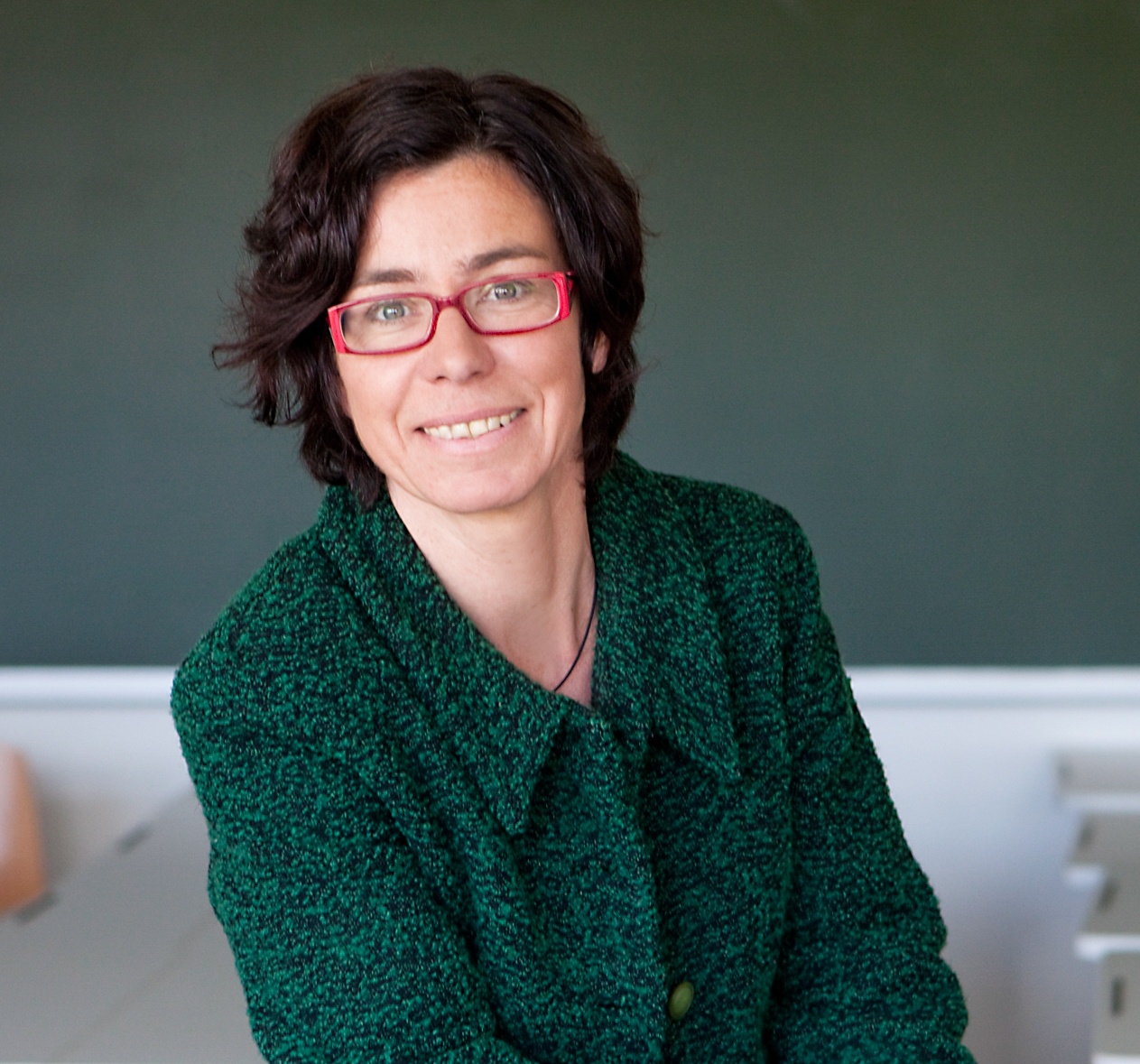
Prof. Dr. Ute Fischer
is full professor at the Department of Applied Social Studies. Her research, as economist and sociologist focuses on labour market development in a gender perspective as well as on the causes of poverty, (lack and forms of) democratic development and social politics. She is both member of the German initiative “Freedom Instead of Full Employment”, dealing with UBI, and of the scientific advisory board of the “Basic Income Network” in Germany.
Lives in Unna, Germany
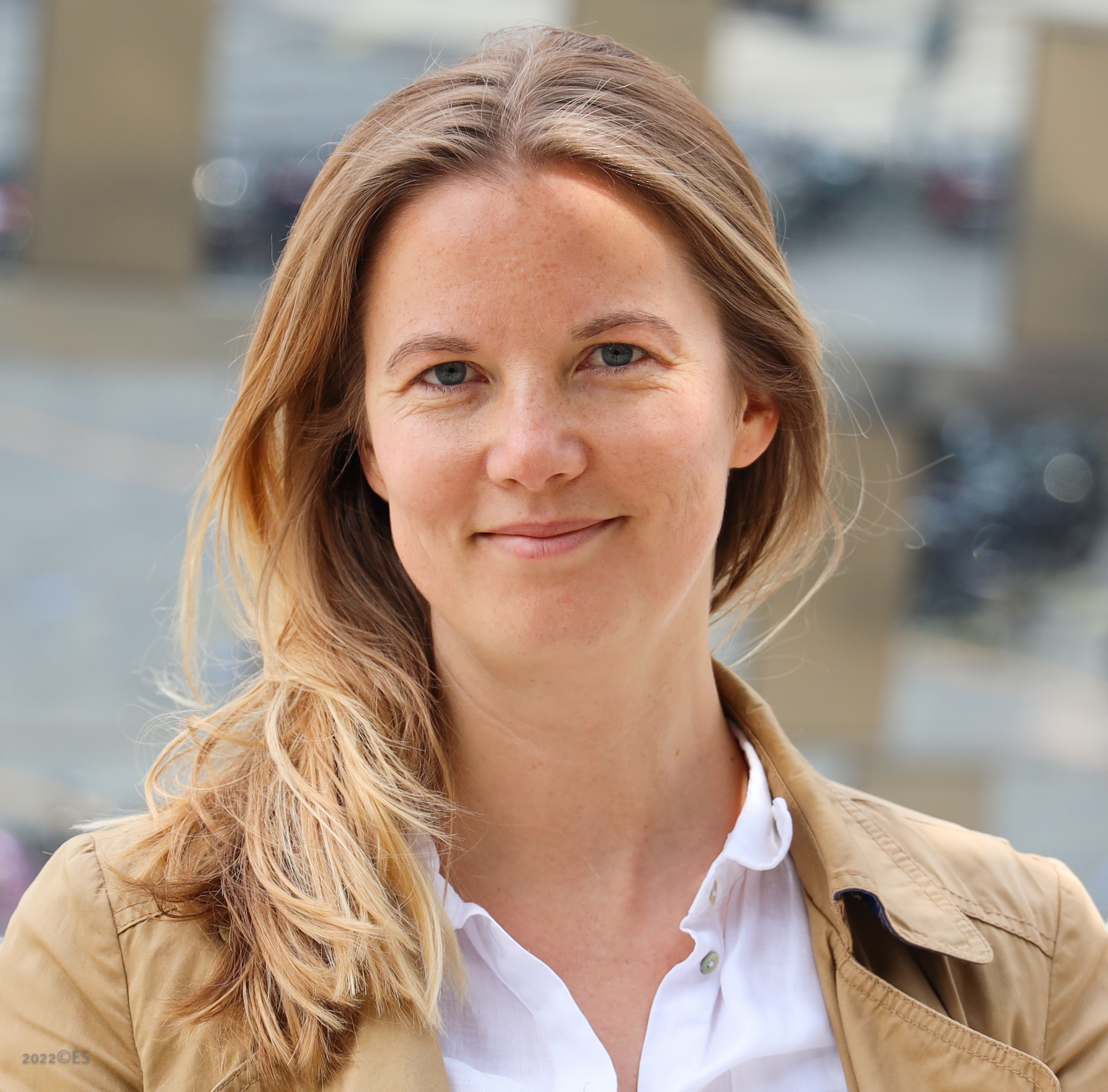
Gudrun Kaufmann
is a research assistant at FRIBIS. She studied economics at the University of Freiburg. From 2020 to 2022, she was actively involved in the development of FRIBIS as Managing Director. She was the coordinator of several teams, including Sanktionsfrei and BINC, and managed contracts as a staff member. Her main interests are narratives in economics, care economics and financialisation.
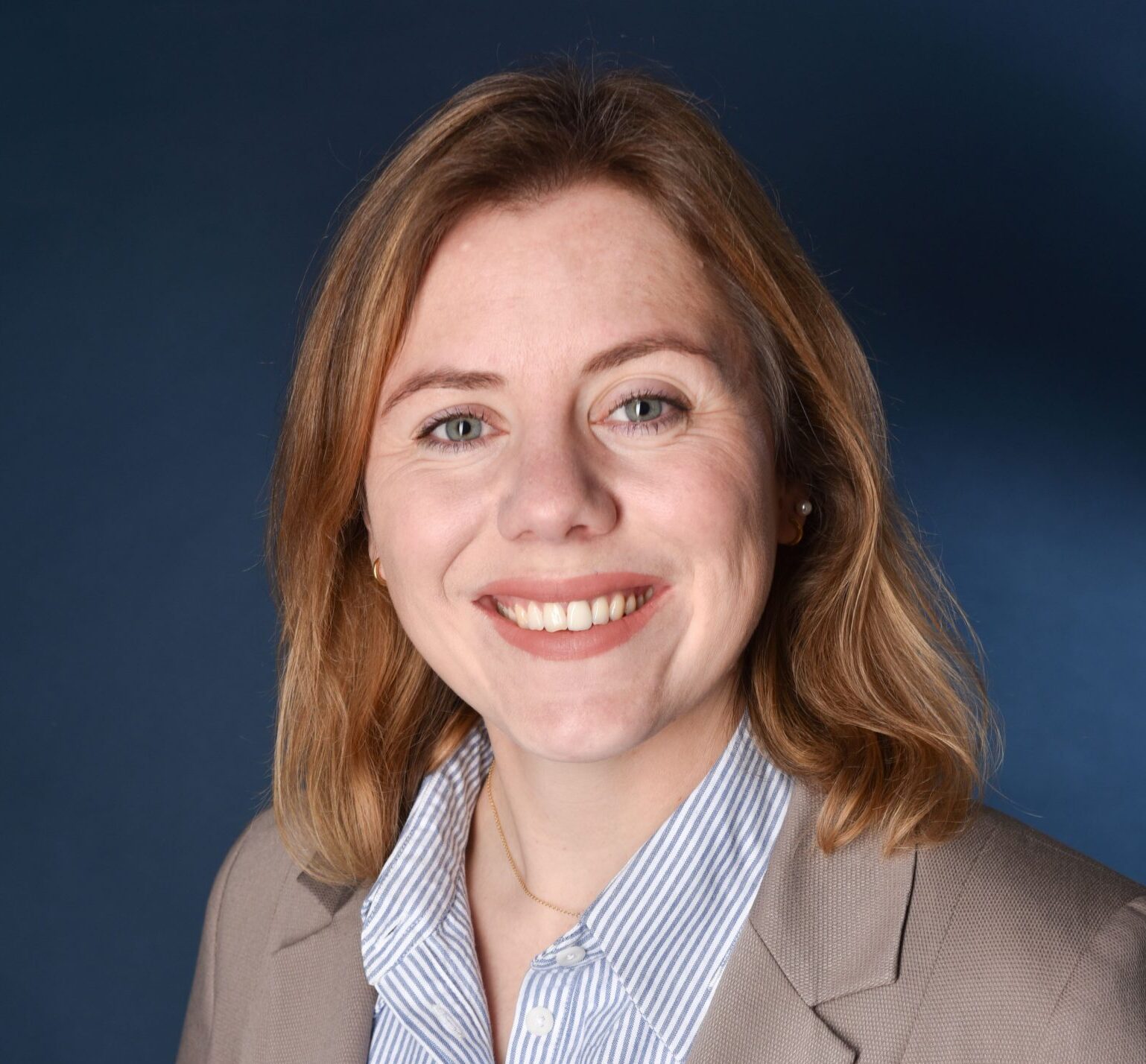
Dr. Verena Löffler
studied Politics, Administration & International Relations with a minor in Corporate Management & Economics (B.A.) at the Zeppelin University in Friedrichshafen and the University of California Berkeley. She holds two Master’s degrees in Public Policy (M.Sc.) and Economics (M.Sc.) from the University of Münster and spent one semester at the Aix-Marseille Université. She was a research assistant at the Institute for Economic Education at the Center for Interdisciplinary Economic Research at the University of Münster for five years. As part of her dissertation, she dealt with the basic income with regard to migration and the living situation of homeless people as well as the connection between wages in care work and family time allocation.
Lives in the Ruhr area
FRIBIS Team Coordinator
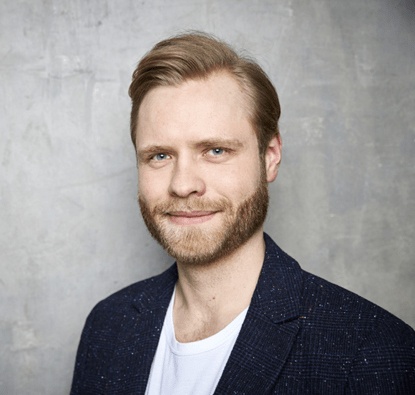
Tobias Dumschat
has studied Business Administration with a focus on ethics at the University of Cologne (B.Sc.) and at the RWTH Aachen (M.Sc.). Most recently he worked on the research project “Society after money: a simulation”. As a PhD candidate at FRIBIS he deals with the question, what impact an UBI could have on the Care-Economy. In addition, he is interested in ethical and sociopsychological issues of the UBI.
Lives in Cologne, Germany
Transfer Team
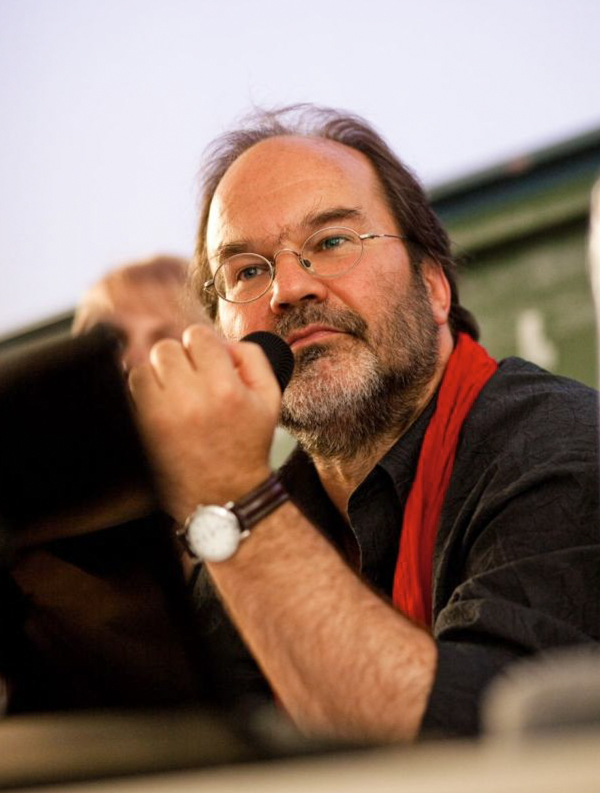
Ronald Blaschke
is a graduate in education and phil., co-founder of the Basic Income Network Germany, the Federal Working Group on Basic Income in and at DIE LINKE Party, the European Network Unconditional Basic Income Europe (UBIE).
He is co-editor of several books and author of numerous articles on basic income and related topics. He coordinated the European Citizens’ Initiative “Unconditional Basic Income Across the EU” at the EU and German levels.
Lives in Dresden, Germany
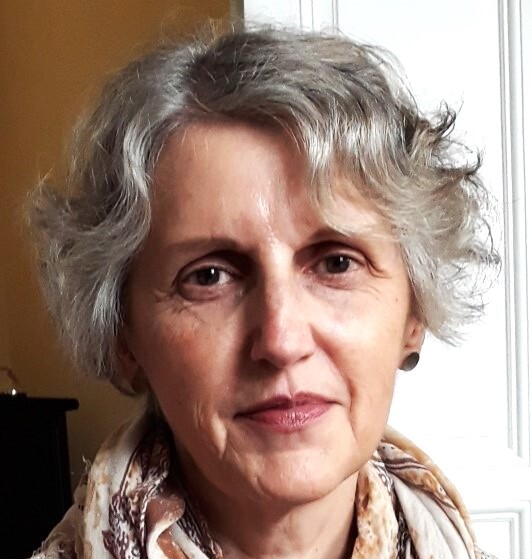
Margit Appel
studied Political Science, Sociology, and Women’s Studies at the University of Vienna. As a research associate at the Catholic Social Academy of Austria, her work focused on foundational socio-political research and political adult education. She is a co-founder of the Network for Basic Income and Social Cohesion – BIEN Austria and is actively involved in the Austrian Anti-Poverty Conference. Now working as an independent author and speaker, she publishes and lectures on topics including democracy and participation, feminist economics, (care) work, and Universal Basic Income
Lives in Vienna,Austria